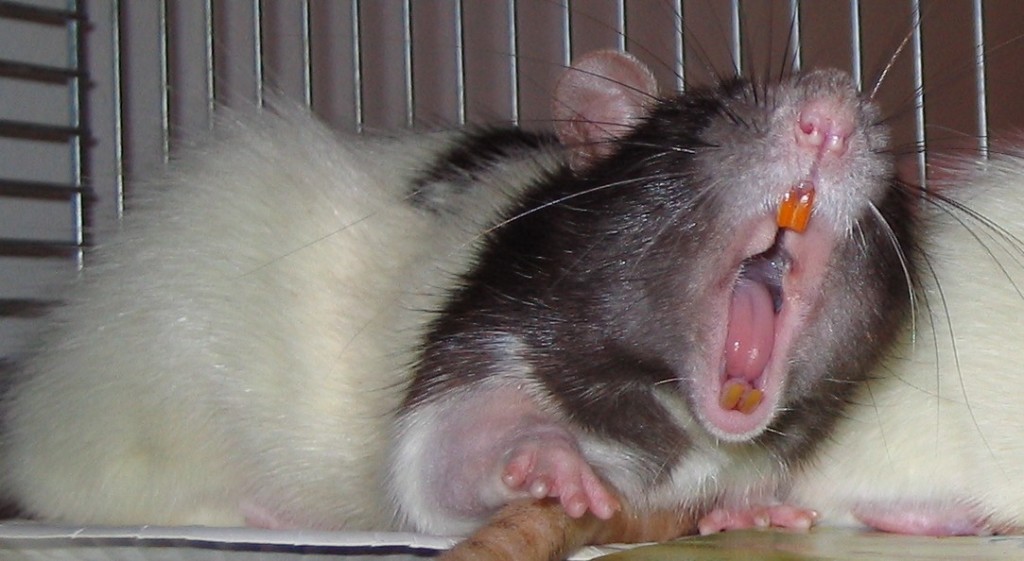Why Aquariums and Glass Cages Are Bad Homes For Rats
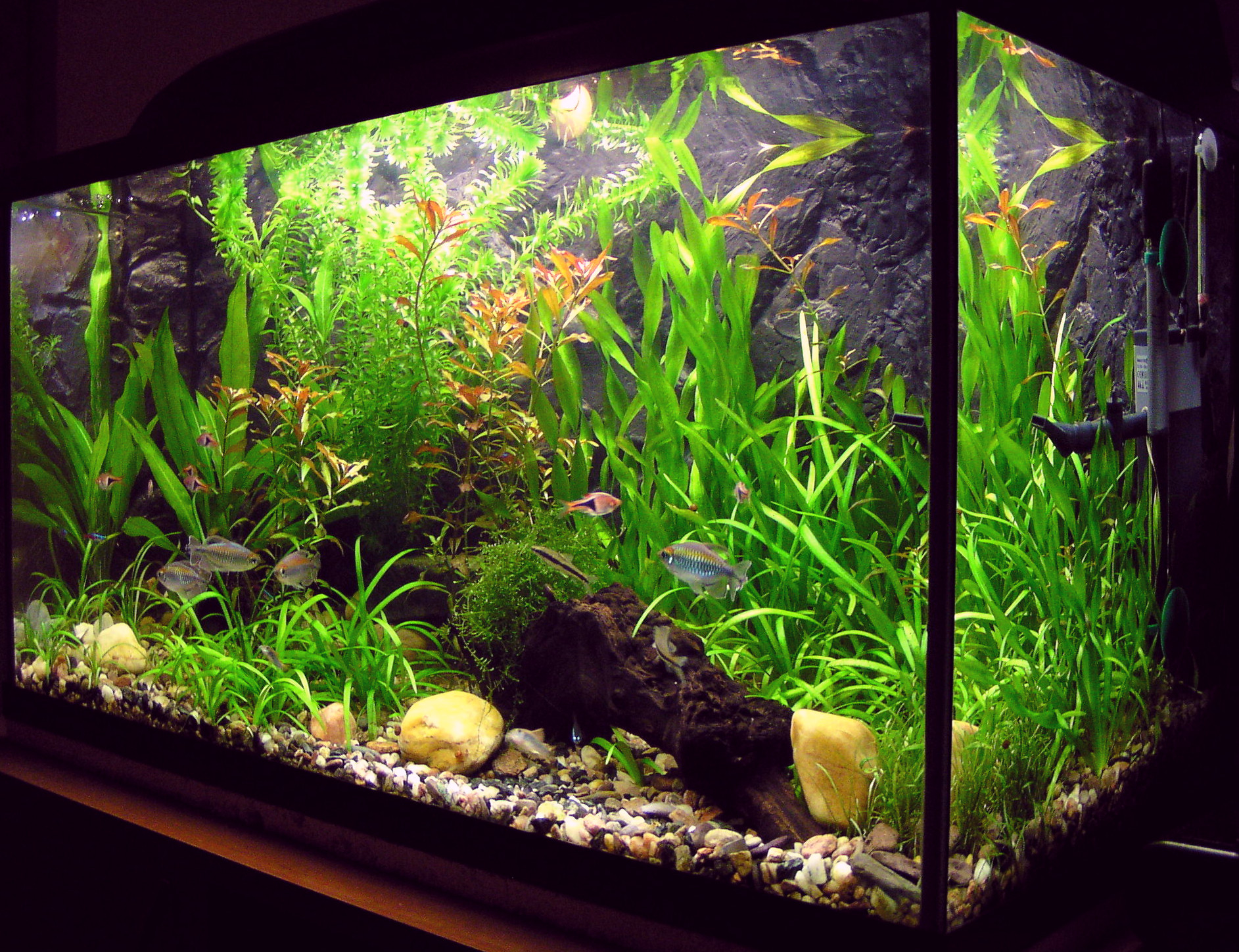
We all want our pet rats to be healthy and happy. Fancy rats require the proper cages in order to maintain a long and healthy life, much like other animals. If you are currently shopping for a small animal cage, you need to beware of glass aquariums. Glass cages do not provide ample space, they tend to be poorly ventilated, and they can trap humidity and cause the temperature to rise too high for a rat to be comfortable. They are an all around bad idea.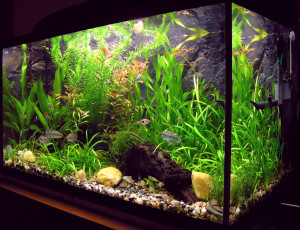
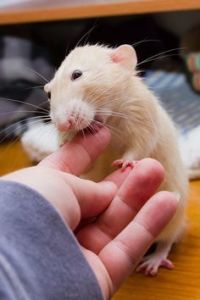 Rats Need Much More Space Than What Aquariums Allow
Rats Need Much More Space Than What Aquariums Allow
Rats are very rambunctious with tons of energy, meaning that they just love to run around, play, and climb. Small habitats such as glass aquariums do not meet the minimum space requirements that rats need to thrive. They need at least 1.5 sq feet of space each and rats need to be housed in pairs or trios at the very least. Even a 55 gallon glass tank will not properly house your pet rats. If you are keeping them in such a small space, they could develop tons of health issues from inactivity. Rat obesity, muscular dystrophy, and depression can all arise from not having enough living space. Also, rats will commonly jump at the top of the cage, in an effort to knock the lid off. This is a sure sign that they are not impressed with their home and that they really want out! If this is your problem, you can get help with finding the right rat cage here.
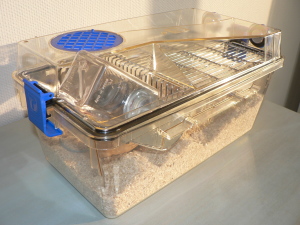 Poor Ventilation Is a Bad Idea with Pet Rats
Poor Ventilation Is a Bad Idea with Pet Rats
One thing rats really need is a well ventilated cage- something a glass enclosure or habitat cannot offer. Instead, they just continue to isolate the stale air. With only the top being able to ventilate the cage, a lot of the stink and dust will linger. Ratties have very sensitive respiratory systems, making respiratory illness or failure much more common in this type of cage. If you want to keep your fancy rats healthy, don’t force them to live in one of these aquariums. Otherwise you might find yourself in debt with your local small animal veterinarian. These cages are hard to clean anyways, just adding to the list of negatives. The dust should be able to leave the cage rather than being continuously built up, and the stink that continues to linger just isn’t a very comfortable living situation. Would you want to live every day with the strong odor of waste constantly? Probably not; but this is a very real issue with aquariums. They will begin to stink the day after a cage cleaning!
High Levels of Humidity and Above Normal Temperatures
Naturally, a glass encased enclosure will have higher levels of humidity than the environment around it. This is due to the water, urine, food, and respiration of the rats. As humidity builds, the rats will become uncomfortable and sickly. The humidity can encourage the rats to develop bacterial lung and respiratory system infections, as well as pneumonia. This couples with the rise in temperature from the rats’ bodies to create a very uncomfortable living environment. Ventilated cages do not have this issue, as they do not allow air to stay trapped within them. Rats are very delicate to their environments, especially humidity and temperature.
